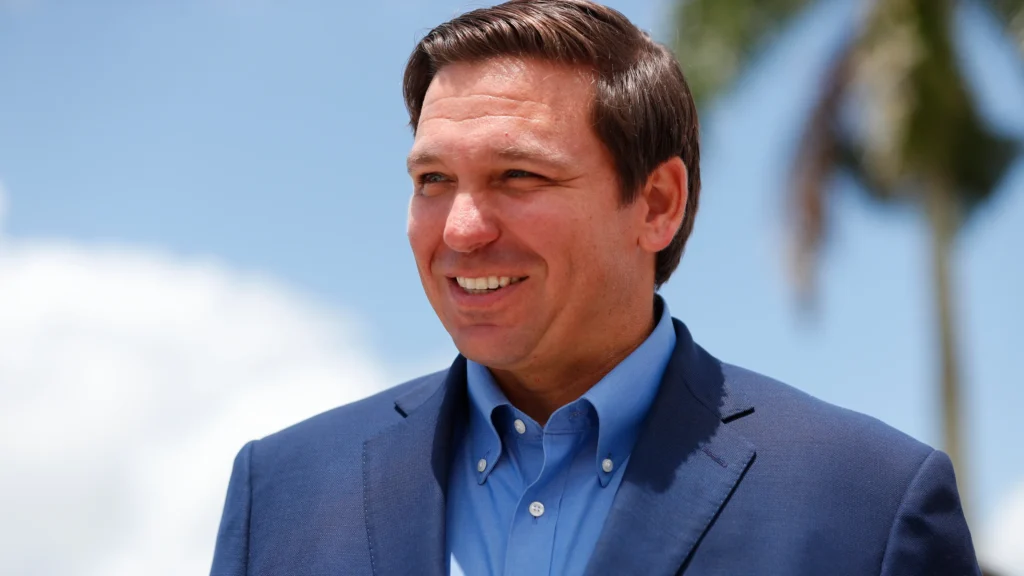The Twitter filter placed on the livestream of Florida Governor Ron DeSantis discussing sexually explicit books found in schools raises important questions about free speech, censorship, and the role of social media in moderating content.
The unverified DeSantis War Room account tweeted a screenshot on March 8 with the comment, “Gov. DeSantis’ press conference on the Book Ban Hoax was being live-streamed on social media and carried live by local news. The screenshot showed a March 8 tweet from Florida Gov. Ron DeSantis’s verified account, @GovRonDeSantis, which included livestream called “Exposing the Book Ban Hoax.” The screenshot showed a sensitive content filter interstitial that some users must click through in order to view the livestream.
On the one hand, Twitter has a responsibility to protect users from content that is offensive or harmful. By placing a sensitive content filter on the livestream, Twitter is attempting to prevent users who might be offended or traumatized by the content from accidentally viewing it. This is a reasonable response to potentially sensitive material, particularly in the context of schools and children.
On the other hand, the decision to filter the livestream also raises concerns about censorship and the silencing of opposing viewpoints. Some may argue that Twitter’s actions represent an attempt to silence Governor DeSantis’s message about the books in question, and that this represents an infringement on free speech. Others may argue that Twitter has a responsibility to prevent the spread of harmful misinformation, and that this justifies the filtering of the livestream.
Ultimately, the decision to filter the livestream is a complex one, and there are no easy answers. While social media platforms have a responsibility to protect their users from harmful content, they must also be careful not to infringe on free speech or stifle legitimate debate. As such, it is important for platforms like Twitter to develop clear and transparent policies around content moderation, and to engage in ongoing dialogue with users and stakeholders to ensure that these policies are fair, effective, and aligned with the values of their communities.

